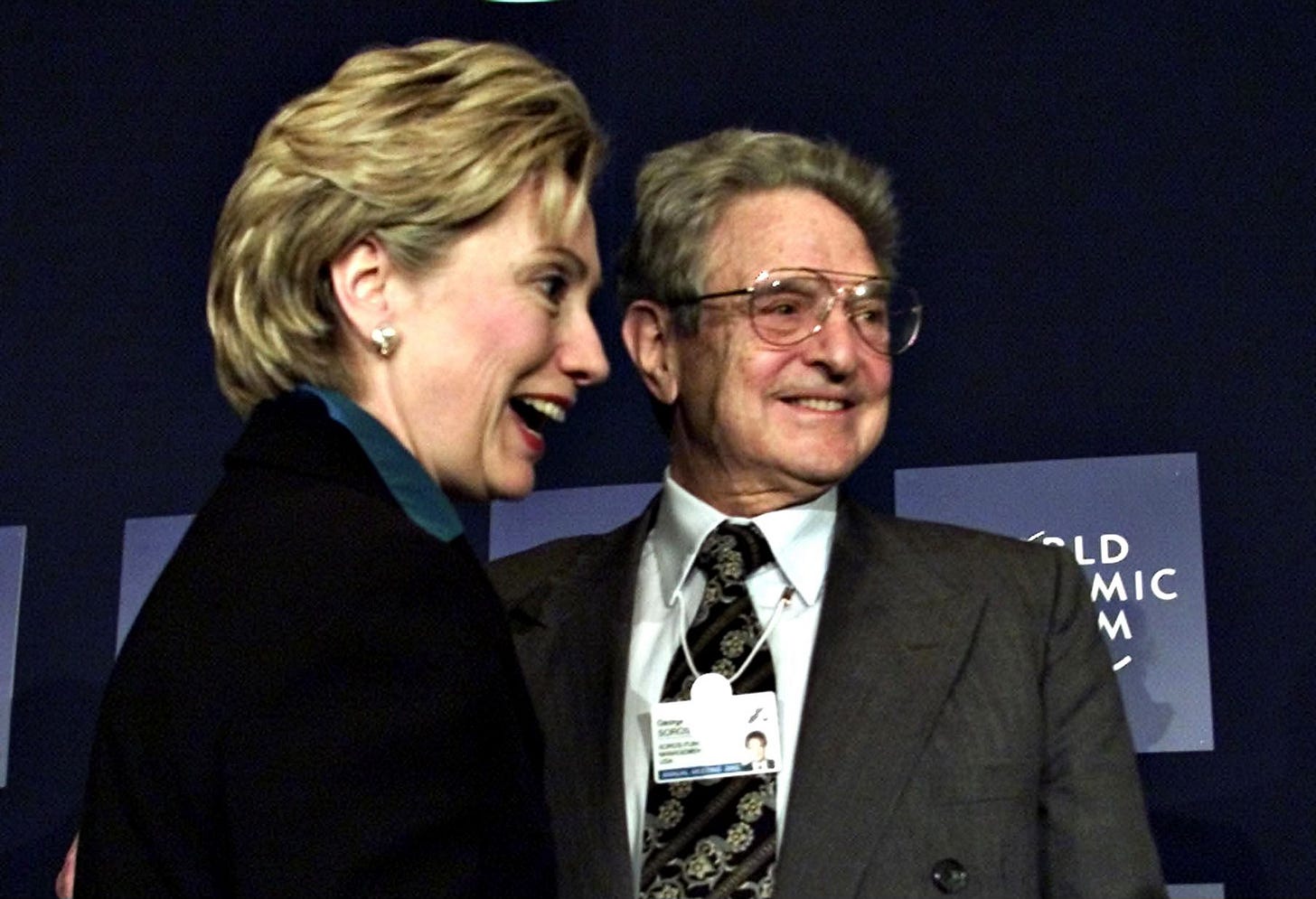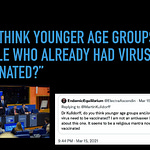Since taking office, President Donald Trump has moved swiftly to dismantle the federal censorship infrastructure. In his first week, he signed an executive order barring agencies from funding or facilitating the monitoring or removal of lawful domestic speech. His administration has phased out censorship-related NSF grants, eliminated the State Department’s Global Engagement Center, which had coordinated with outside groups to shape online narratives, and shut down USAID which funded censorship advocacy in Europe and Brazil. And Trump’s 2026 budget proposes cutting $491 million from the Department of Homeland Security’s Cybersecurity and Information Security Agency, which oversaw election and Covid censorship in 2020 and 2021.
But the threat to free speech remains and has even grown stronger around the world, particularly in Europe. The UK is arresting 30 people per day for speech crimes. In Germany, 14 little-known state media agencies (SMAs) empowered by the 2020 “Media State Treaty” now monitor private journalists for compliance with vague “journalistic diligence” standards while exempting public broadcasters from the same scrutiny. French authorities want mandatory digital identification for users of social media platforms. The European Commission appears to desire the power to ban or censor whole platforms, particularly Elon Musk’s X. And an Irish newspaper this week reported that the European Commission accused Ireland of “failing” to comply with laws regulating hate speech.













